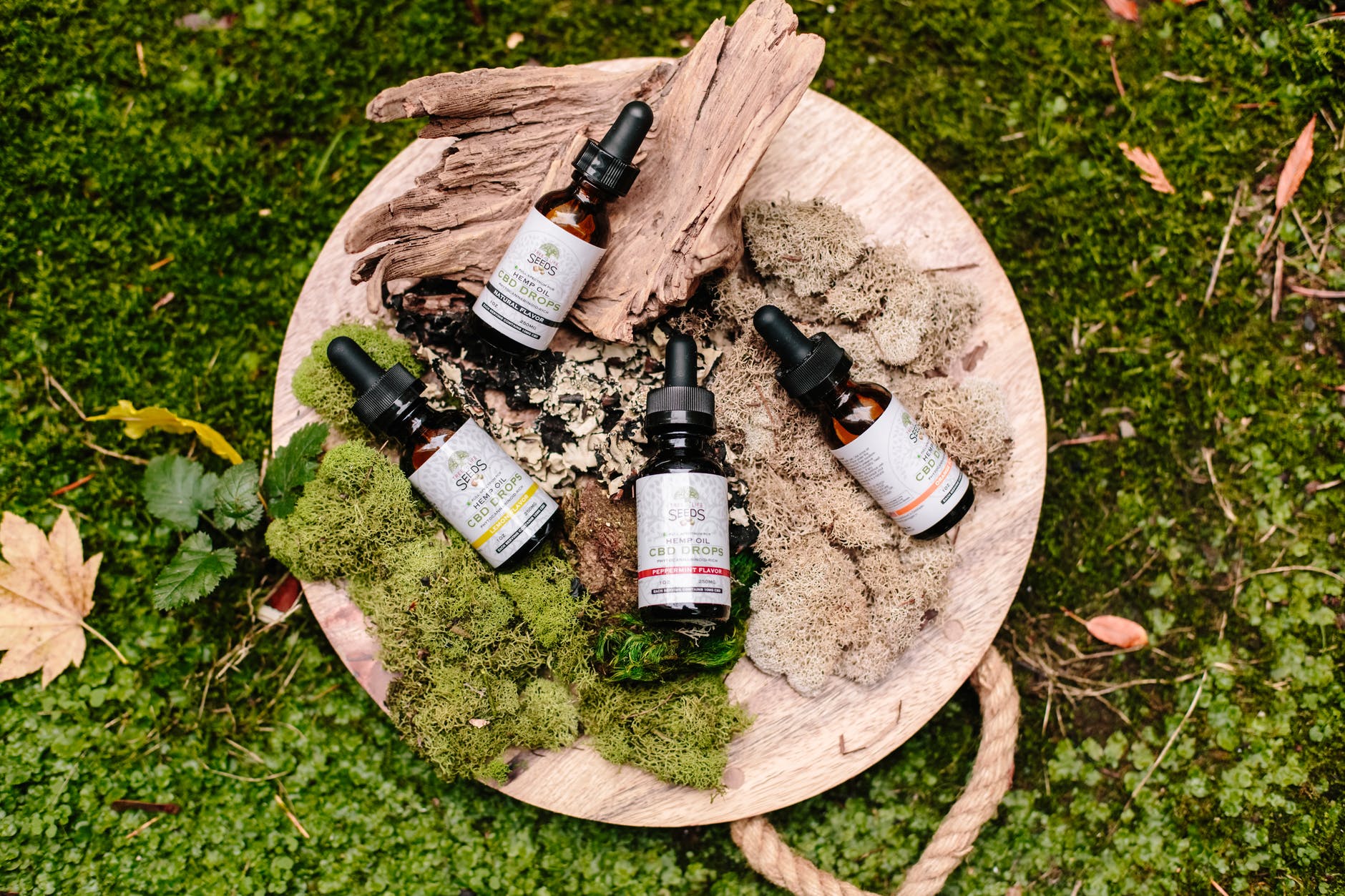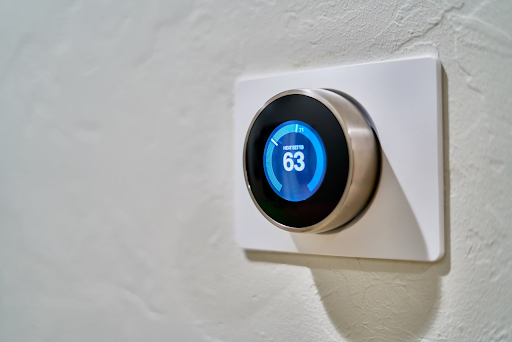FAQ About CBD for Pain
Cannabidiol (CBD) is fast becoming a popular natural health supplement due to its promise to help manage a variety of health conditions. Most CBD users are turning to CBD to manage the discomfort caused by a medical flare-up, to ease an overly active mind, and to alleviate feelings of burnout and unhappiness.
CBD is one of the compounds in the cannabis plant, also known as marijuana. Unlike tetrahydrocannabinol (THC), another famous cannabinoid, CBD doesn’t have any psychoactive effects on the body. Instead, CBD is believed to affect the body’s endocannabinoid system (ECS). The ECS regulates several body processes, including memory, mood, appetite, and sleep, to mention a few.
While most people have heard about CBD oil, they may not be familiar with its use in pain management. Understanding this, here are some answers to some frequently asked questions about the use of CBD as a complementary alternative to traditional medicine.
How does CBD help with discomfort?
The best CBD for pain helps manage symptoms of discomfort by interacting with the CB2 receptors in the brain. CB2 receptors are found in the body’s immune system and are tasked with managing the human body’s response to pain. THC, on the other hand, interacts with the brain’s CB1 receptors. These receptors are responsible for bodily functions such as coordination and mood. This is why THC affects the user’s cognitive functions and why CBD does not.
What’s the best way to take CBD oil?
CBD oil products are available as tinctures, topicals, gummies, and capsules. Topical CBD products include balms, lotions, and gels and are applied directly on the affected areas such as joints and anywhere else you may be experiencing physical discomfort.
CBD oil capsules are absorbed through the digestive tract, and though their effects may take longer to be felt, they’re believed to offer long-term relief. A CBD oil tincture is CBD in solution form and is often administered through a dropper.
What should I look for when shopping for CBD products?
Unlike dietary supplements and prescription drug medications, CBD products aren’t regulated by the FDA. For this reason, some unscrupulous CBD companies may mislabel and misrepresent their products. To ensure you’re buying a high-quality CBD product, buy from a CBD brand whose CBD products have undergone third-party lab testing. Independent testing ensures that you don’t end up with a CBD product that contains contaminants such as heavy metals or pesticides.
How the CBD oil is extracted is also important, so ensure that your preferred CBD oil brand has a gold standard in CO2 extraction.
CBD isolate, broad-spectrum, full-spectrum: What do these terms mean?
As the CBD industry is still highly unregulated, most CBD brands use these terms interchangeably. However, in most cases, CBD isolate refers to pure CBD oil derived from the cannabis plant. Most CBD users prefer using pure CBD, and a CBD isolate label gives them this assurance. Broad-spectrum CBD products contain minor cannabinoids such as CBC and CBN. These products also contain 0.0% THC.
Full-spectrum CBD products are similar to broad-spectrum CBD products. However, they also contain small amounts of THC but remain within the amount mandated by federal law. This amount of THC is not enough to prompt the psychoactive effect that’s known with cannabis.
Should I try CBD?
Consult your medical doctor before using CBD to rule out any potential side effects from interactions with other medications. If your primary care doctor isn’t familiar with the health benefits of CBD oil or doesn’t feel like they can offer informed guidance on the benefits of CBD, a resource like the Society of Cannabis Clinicians can help you find a medical marijuana expert doctor near you.









